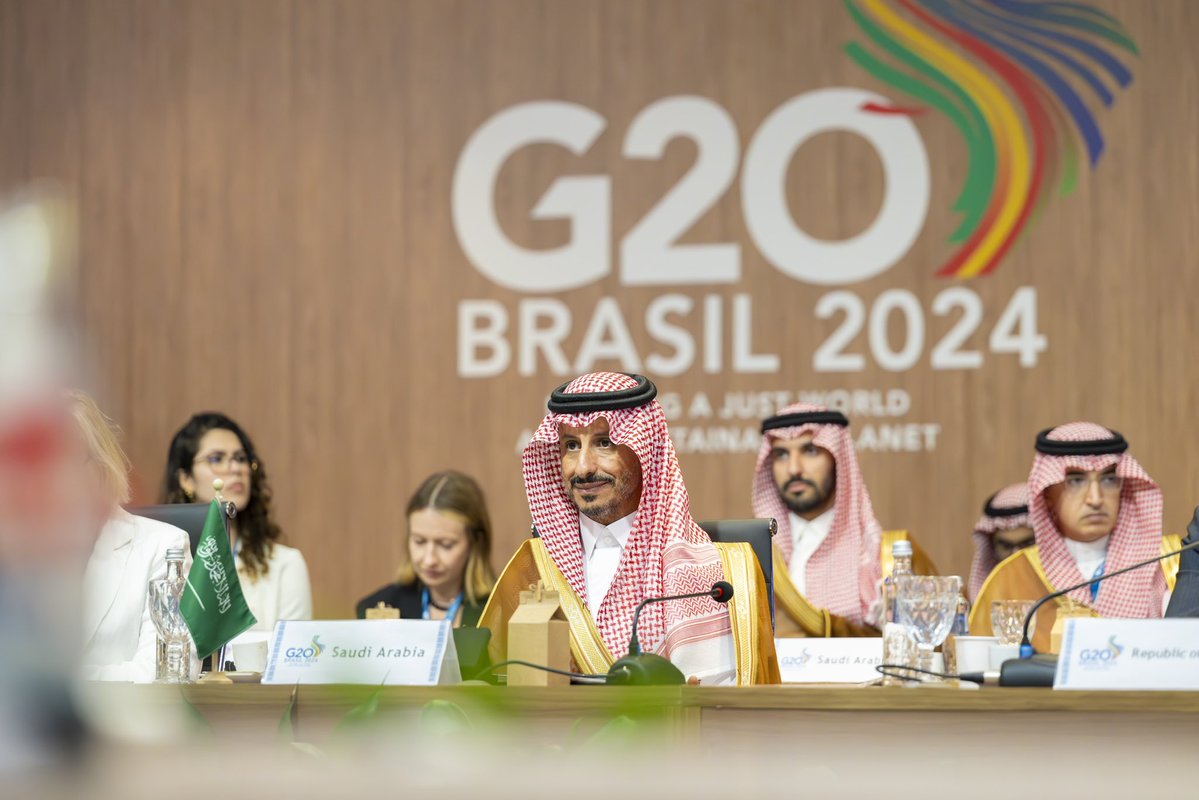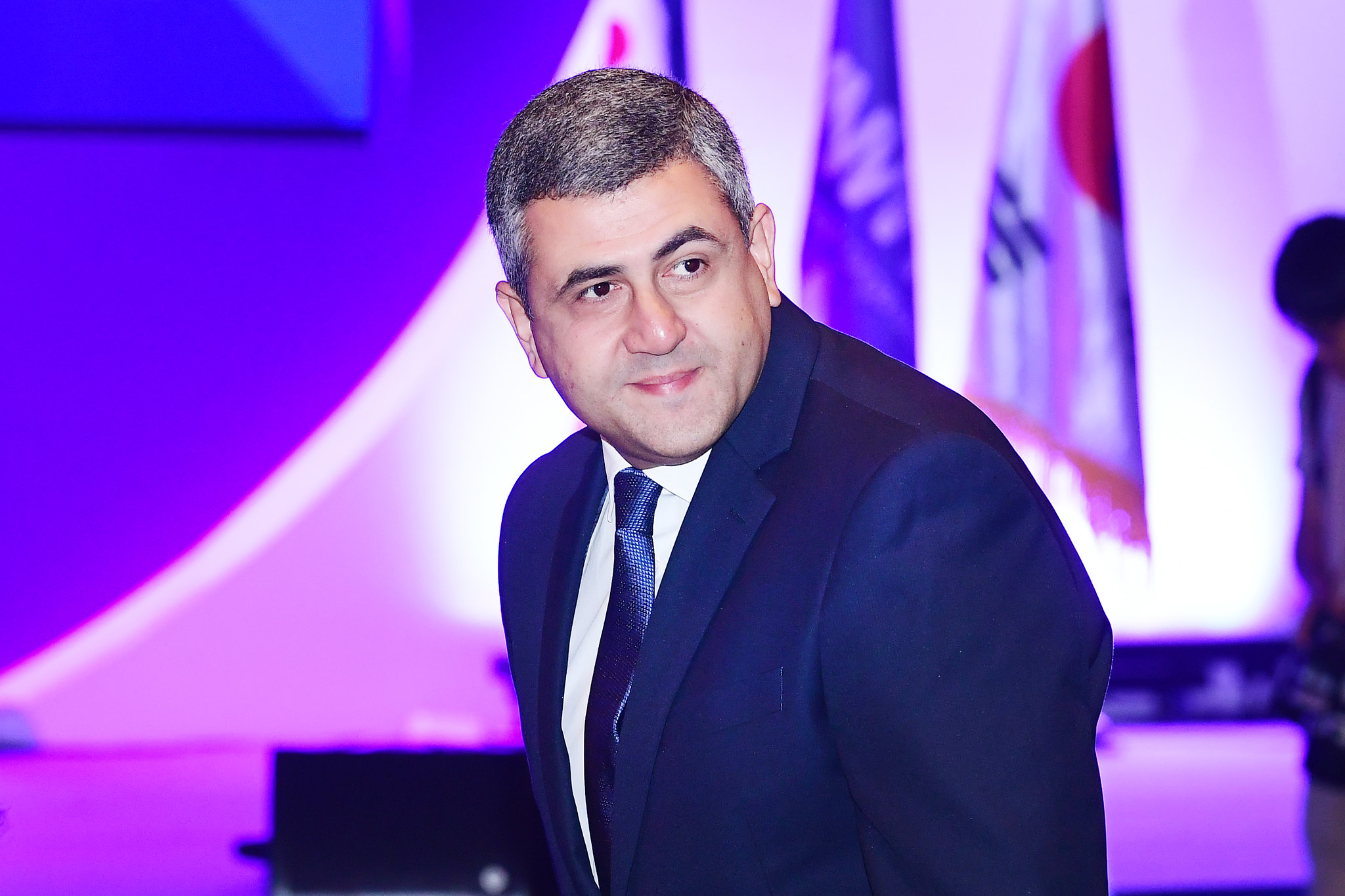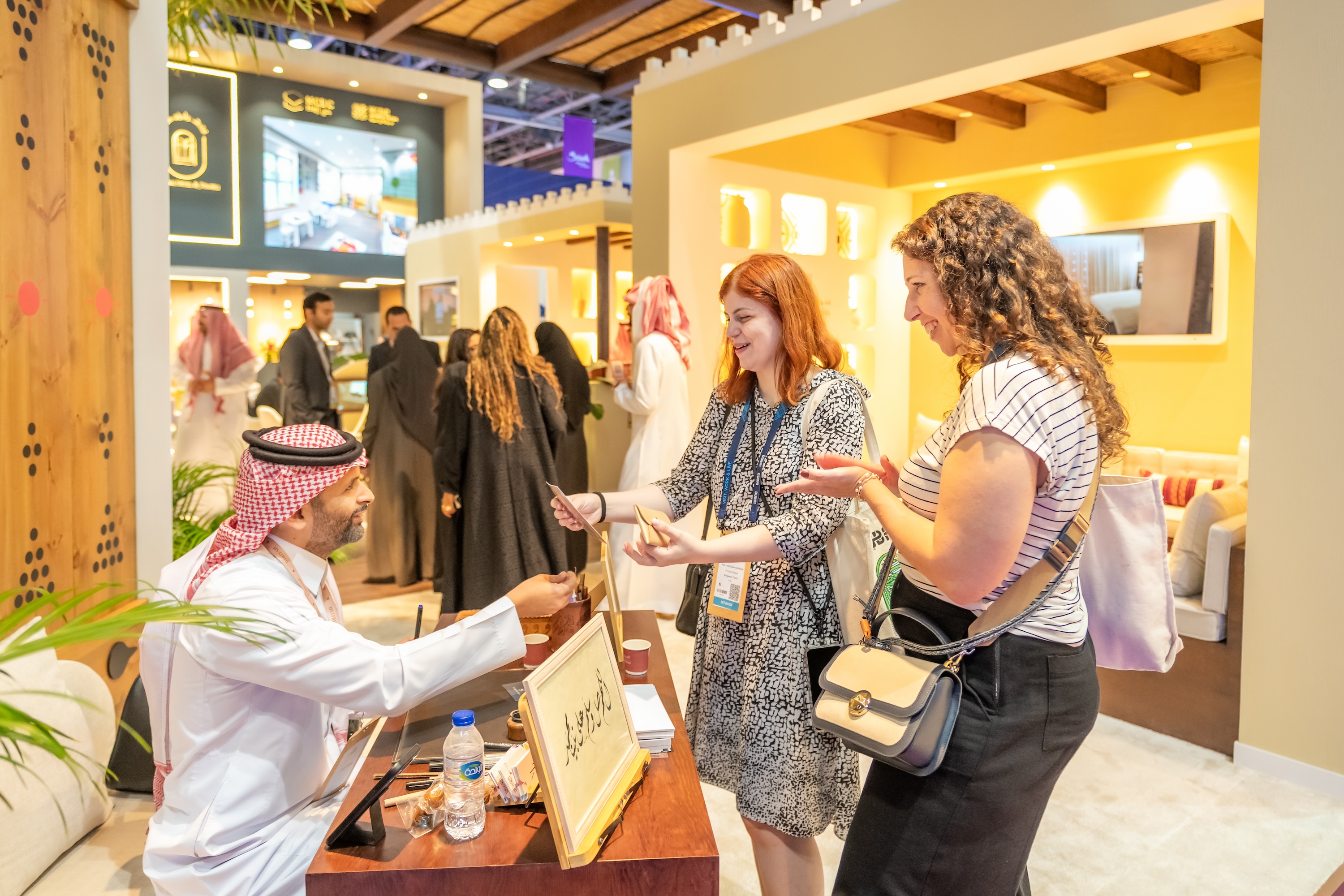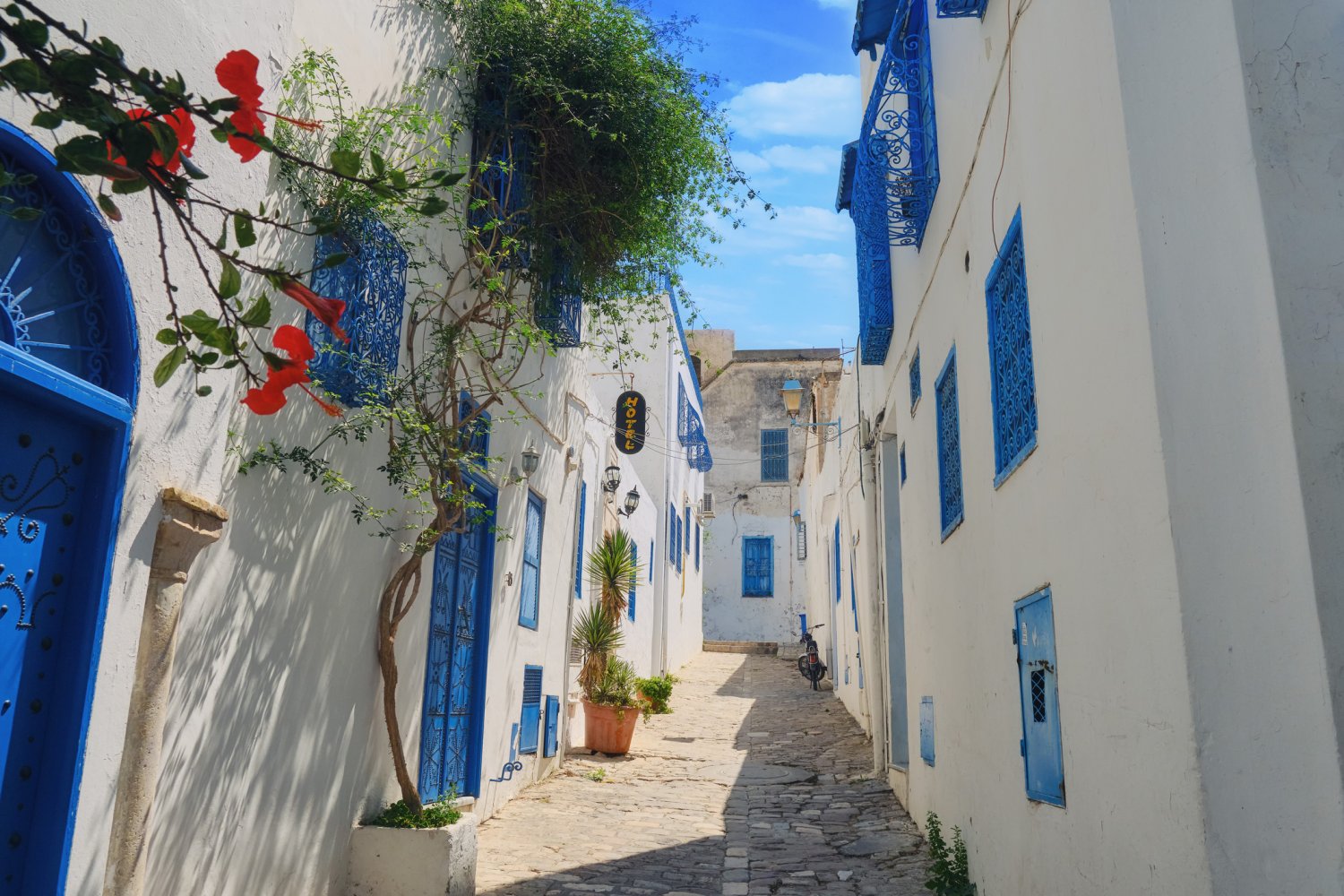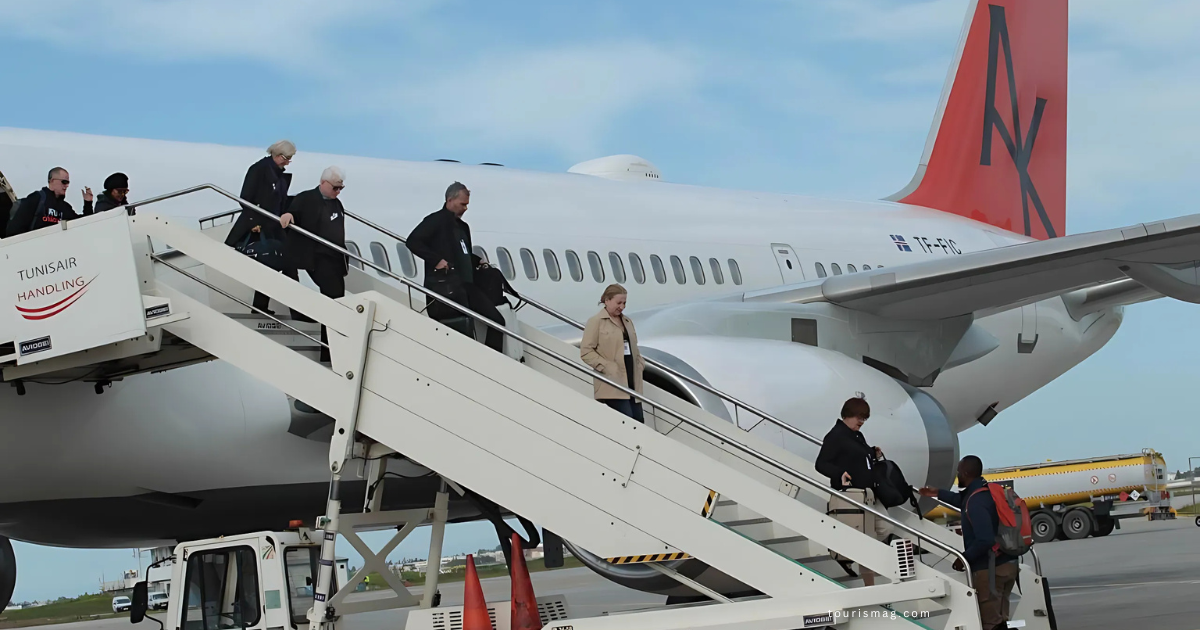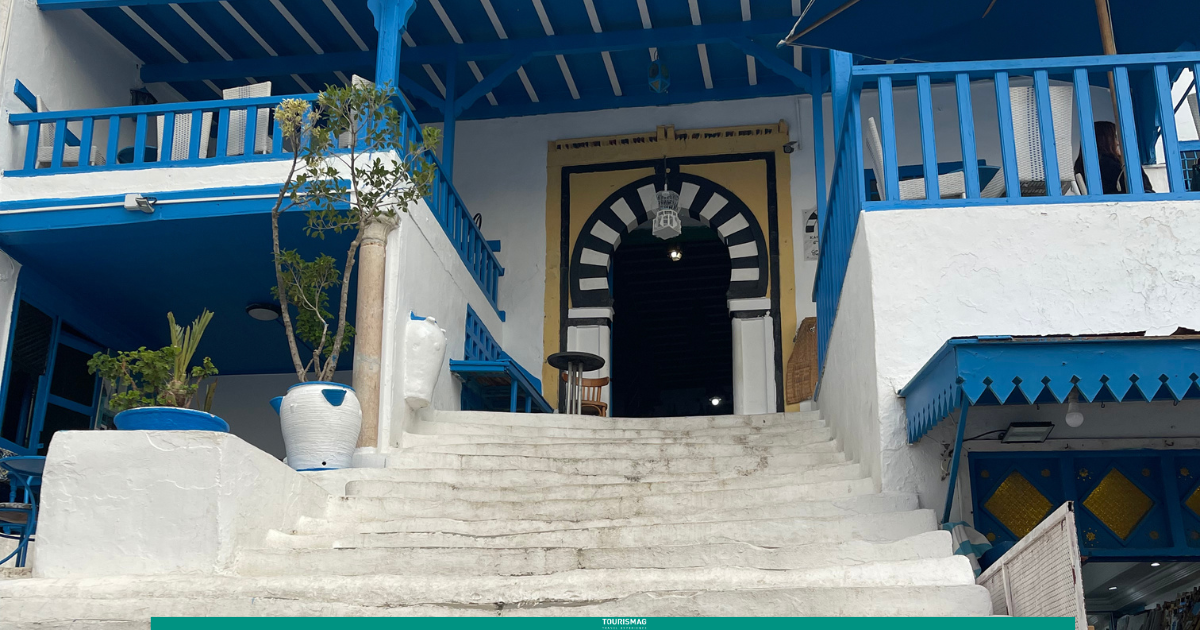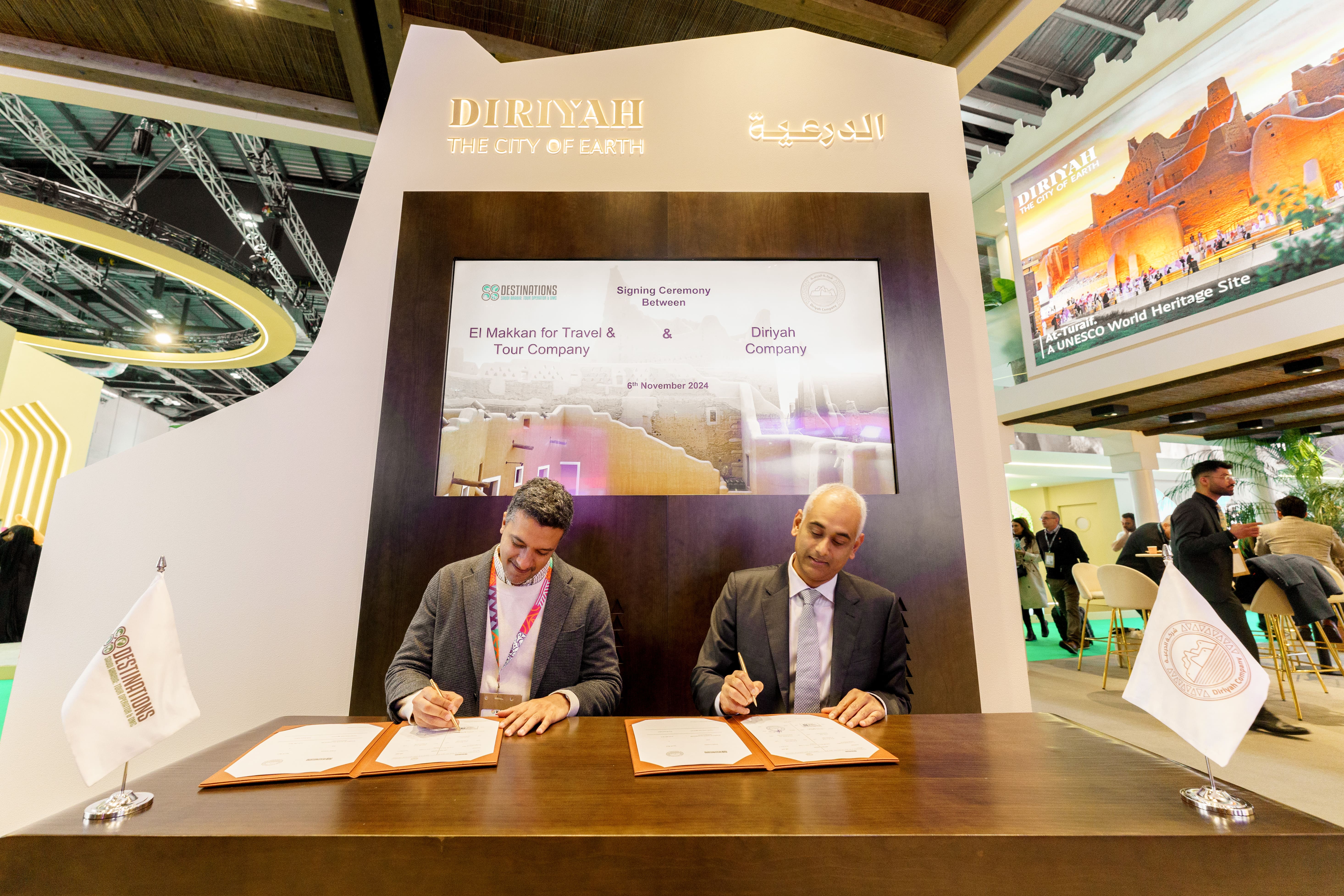Habib Ammar, former Minister of Tourism and Culture of Tunisia, has presented his action plan as a candidate for the position of Secretary-General of UN Tourism. His project aims to make the tourism sector a driver of sustainable economic growth, focusing on inclusion, digital innovation, and sustainability. With a participatory governance approach, education for future generations, and measures to address global crises, Ammar proposes a tourism model that seeks to balance economic development with social and environmental responsibilities.
One of the main pillars of Ammar’s plan is the establishment of more inclusive governance within UN Tourism. He believes that a truly effective organization must ensure fair representation of all countries, particularly small island states and developing nations, which are often marginalized in international decision-making. To this end, he proposes the creation of an annual World Tourism Forum. This forum would bring together ministers, experts, and sector stakeholders to discuss global challenges and formulate concrete recommendations. Additionally, Ammar plans to set up regional advisory councils to better understand the specific needs and challenges of each region.
Sustainable Tourism as a Development Lever
Habib Ammar places strong emphasis on sustainable tourism, which he considers a key lever for development. Aware of the negative environmental and social impacts of certain tourism practices, he advocates for a model that respects ecosystems and promotes local cultures. He proposes the creation of a Green Fund dedicated to financing sustainable tourism projects, with a focus on ecotourism. This fund would support initiatives that reconcile environmental preservation with the development of local communities. It would particularly help developing countries, especially in Africa, to showcase their natural heritage while empowering local populations through responsible management of tourism resources.
Digital Innovation for Accessible Tourism
Digital innovation is another essential aspect of Habib Ammar’s project. He recognizes that the adoption of advanced technologies can significantly enhance the efficiency and accessibility of tourism services. To bridge the digital divide, particularly in developing countries, he advocates for the creation of a Tourism Digital Accelerator. This program would support developing countries by helping them integrate technologies such as artificial intelligence and smart tourism platforms. Furthermore, he plans to establish partnerships with tech companies to ensure the accessibility of proposed digital solutions, thus reducing inequalities in the sector.
Education and Training: Pillars of Tourism Development
Habib Ammar places particular importance on training future generations of tourism professionals. He believes that strengthening human capital is crucial to building a tourism sector that is resilient, innovative, and aligned with sustainable development goals. His plan includes initiatives for capacity-building, the creation of regional centers of excellence, and the promotion of academic programs focused on sustainable tourism and digital innovation.
With an approach centered on sustainability, inclusion, and innovation, Habib Ammar presents an ambitious and structured project for the future of UN Tourism. His vision, based on equitable representation, youth training, and technological integration, offers concrete solutions to the current challenges faced by the sector. By promoting shared governance and strategic partnerships, he aims to make tourism a global engine of development, serving both people and the planet.



